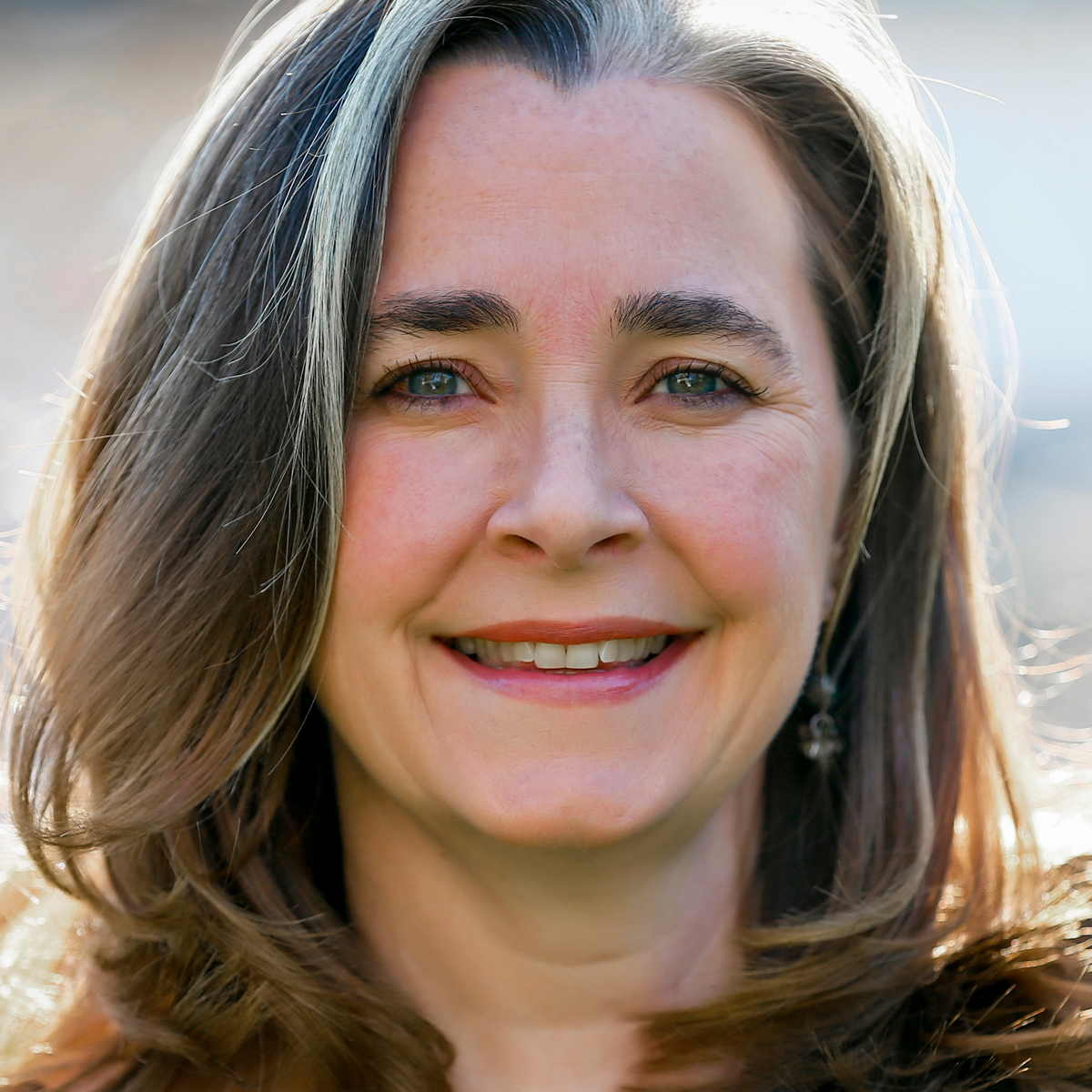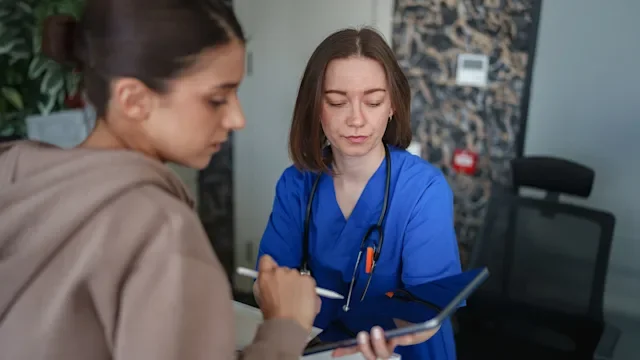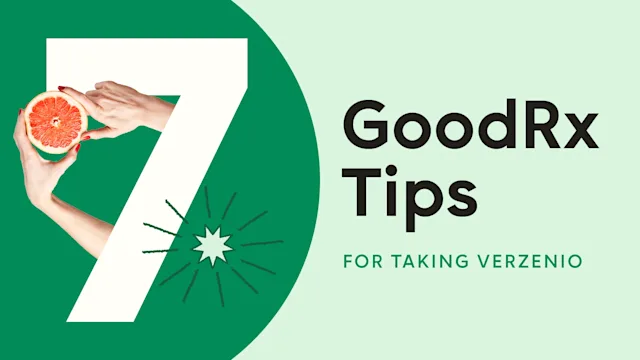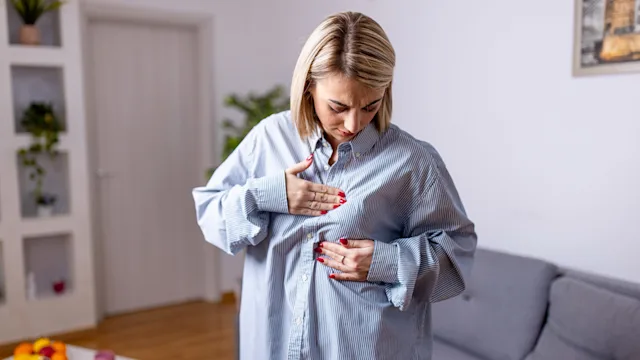Key takeaways:
After Amanda Rice got breast cancer, she learned treatment could leave her infertile.
When her insurer wouldn’t cover infertility treatments, she turned getting fertility coverage for women into her life’s mission.
She created The Chick Mission, a nonprofit to help women with cancer afford egg preservation.
It started with a drop of blood in her bra.
Amanda Rice went to her doctor, who sent her on a medical odyssey that involved a mammogram, ultrasound, and four needle-guided biopsies before she finally had a definitive diagnosis: She had breast cancer.
But that was just the beginning of the bad news: Her oncologists recommended chemotherapy, which hospital social workers told her could leave her infertile. Amanda was 37 and still dreamed of having children someday. She called her insurance company — and they delivered the next batch of bad news: While infertility treatment was covered, she couldn’t use that benefit because she wasn’t infertile yet, they told her.
“In order to qualify, I needed to be trying (to get pregnant) for 6 months without success,” Amanda says. “When you’re diagnosed with cancer, you don’t have time to try for 6 months. I was just highly frustrated.”
Her mission to help others
That frustration fueled her crusade to make sure other women didn’t suffer the way she had. In 2017, she created a nonprofit called The Chick Mission to help women diagnosed with cancer during their childbearing years pay for infertility treatment.
“It’s wildly expensive to pay for this out of pocket,” she says.
Amanda works in finance and could afford the $60,000 she estimates she spent on three tries to retrieve and freeze her eggs. But she knows well that many women can’t afford that.
“I have plenty of friends who are teachers. My sister’s an artist,” she says. “I had to start helping and brainstorming how to solve this problem. It was haunting me.”
The Chick Mission also advocates to change state laws to require insurers to cover infertility treatment for patients who will become infertile by the treatment doctors order to beat their disease. Eleven states now have such laws, thanks in part to The Chick Mission’s advocacy — California, Colorado, Connecticut, Delaware, Illinois, Maryland, New Hampshire, New Jersey, New York, Rhode Island, and Utah.
Amanda plans to advocate federally, too, so that such coverage is mandated coast to coast.
She couldn’t have imagined that future for herself 6 years ago when she first got her diagnosis. She beat the breast cancer, only to be diagnosed with melanoma (a type of skin cancer) the following year, and recurring breast cancer the year after that.
The mental health impact
It was a 3-year roller coaster ride from which she eventually emerged victorious. Now, she’s eager to share her story in hopes that her struggle holds lessons for others just starting out on her same path.
She wants them to know they can find comfort in community with other cancer survivors. She remembers walking into the Memorial Sloan Kettering Cancer Center and feeling like the youngest person by decades. Indeed, advancing age is the biggest risk factor for cancer overall as well as for breast cancer specifically, according to the National Cancer Institute.
“That made you feel a little bit alone,” she remembers. Befriending cancer patients her own age helped alleviate that loneliness.
She also wants these women to know that recovery can take a long time. “Medical dramas like Grey’s Anatomy might make you think that ‘everything’s a rush around cancer,’” she says, “but real life for someone with cancer can crawl.”
“There’s a lot of waiting and downtime: waiting for your appointment, sitting in the chemo suite getting whatever chemo mixture you’re getting that day for multiple hours,” she remembers.
She urges others in treatment to become fierce advocates for themselves. She says she feels lucky her first medical team warned her how chemotherapy could affect fertility, because she says, in the rush to treatment, many doctors don’t share that news with their patients.
“It’s cancer, so it’s scary, and they want to treat it right away,” she says. But both the American Society for Clinical Oncology and the American Society for Reproductive Medicine say sharing information about how treatment can impact fertility should be standard care.
Amanda talks openly about the depression that she had after her recovery, in hopes of smashing the stigma around mental health.
“Everyone around you, when treatment is over, they’re so excited, like ‘you’re done! You’re back!’ And you’re like, ‘I feel broken and alone. I don’t want to celebrate,’” Amanda says. “I had a moment where I was standing in front of the subway waiting to commute to work. And I was, like, I should just walk in front of this subway right now. That was the breaking point for me. I’m sad that it got there. I was really shocked to my core that was even in my brain.”
Therapy and medication helped. So did The Chick Mission, which gave her purpose during her darkest days.
“When you’re healthy your entire life and then in a split second you become the patient, you really do value your health and you’re grateful for it — and you don’t want people to feel the way you felt,” Amanda says. “You want to help them, you want them to get answers more quickly and more fluidly than you did. I don’t want them to have to feel the low, low points that I felt.”
A baby boom is coming
As hard as she fought to preserve her opportunity for motherhood, Amanda hasn’t yet had any children herself. But in a way, she’s already a mother — to all the women her nonprofit has helped. The Chick Mission has ensured close to 200 women could afford infertility care, giving out nearly $1.2 million in Hope Scholarship grants.
“We have over 2,000 frozen eggs – and two babies, and a third on the way — our first girl,” Amanda says proudly.
Some day, she adds excitedly, “We’re going to have hundreds of Chick Mission babies. And one day, we’re going to have a frickin’ play date with all these babies — and I’m going to lose my shit!”

Why trust our experts?

















